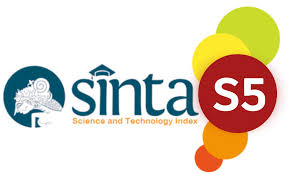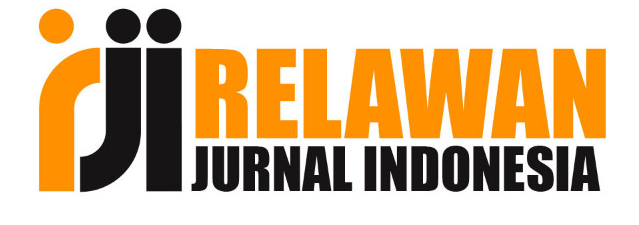Publication Ethics
Global Expert: Jurnal Bahasa dan Sastra (e-ISSN: 2477-3794, p-ISSN: 2302-5328) is a peer-reviewed electronic journal. This statement clarifies the ethical behavior of all parties involved in the act of publishing an article in this journal, including the author, the chief editor, the Editorial Board, the peer-reviewer and the publisher (Indo Global Mandiri University). This statement is based on COPE's Best Practice Guidelines for Journal Editors.
Ethical guidelines for journal publication
The article publication in a peer-reviewed Global Expert: Jurnal Bahasa dan Sastra is a critical building element in the establishment of a coherent and reputable knowledge network. It reflects the caliber of the authors' work as well as the institutions that support them. The scientific method is supported and embodied by peer-reviewed articles. As a result, it is critical to agree on ethical norms for all parties engaged in the publication process: the author, the journal editor, the peer reviewer, the publisher, and the society.
The Faculty of Teacher Training and Education, Indo Global Mandiri University takes its responsibilities as the publisher of Global Expert: Jurnal Bahasa dan Sastra, English Education Study Program, very seriously, and we recognize our ethical and other responsibilities.
Authors’ duties
Reporting requirements
Report writers of original research should give a factual description of the work done and a dispassionate analysis of its importance. The paper should accurately present the underlying data. A paper should have enough information and citations so that other people may do the same research
Data access and preservation
In the event that raw data is requested in conjunction with a manuscript for editorial review, authors should be prepared to keep this information for a fair amount of time following publication.
Plagiarism and originality
The writers must make sure that all of their writing is original and that any instances in which they have borrowed ideas or phrases from other people have been properly cited or quoted. Any sort of plagiarism is undesirable.
Several, redundant, or ongoing publications
An author shouldn't publish submissions that effectively describe the same research in multiple primary publications or journals. It is improper to submit the same paper simultaneously to many journals as this is considered unethical publishing practice.
Paper authorship
Authorship should be limited to individuals who made a major contribution to the study's conception, design, implementation, or interpretation. Co-authors should include everyone who made a substantial contribution. Others who contributed to particular substantive areas of the study effort should be thanked or identified as contributors.
Conflicts of interest and disclosure
Any financial or other substantial conflict of interest that could be considered to influence the results or interpretation of their paper should be disclosed by all authors in their manuscript. All sources of funding for the project should be mentioned.
Fundamental errors in published writings
When an author discovers a serious error or inaccuracy in his or her own published work, it is the author's responsibility to contact the journal editor or publisher as soon as possible and to work with the editor to retract or fix the manuscript.
Editors' duties
Publication decisions
The editor of a peer-reviewed journal decides which of the articles submitted to the journal should be published, often in collaboration with the appropriate society. Such decisions must always be driven by the validation of the work in question and its value to academics and readers. The editor may be led by the editorial board's policies and bound by the legal requirements in effect at the time addressing libel, copyright infringement, and plagiarism.
Fair play
An editor should examine articles based on their intellectual value, regardless of the writers' color, gender, sexual orientation, religious beliefs, ethnic background, citizenship, or political philosophy.
Confidentiality
The editor and any editorial staff must not reveal any information about a submitted article to anybody other than the corresponding author, reviewers, potential reviewers, other editorial consultants, and, if appropriate, the publisher.
Conflicts of interest and disclosure
Unpublished materials disclosed in a submitted manuscript may not be used in an editor's personal research without the author's express written permission. Confidential information or ideas received through peer review must be kept private and not exploited for personal gain. Editors should withdraw articles from which they have competitive, collaborative, or other relationships or affiliations with any of the authors, companies, or (potentially) institutions affiliated with the publications.











